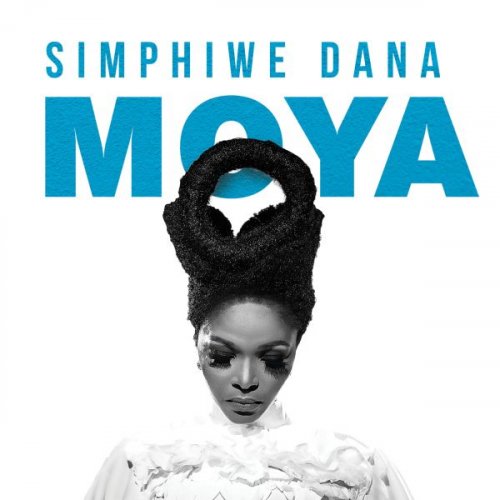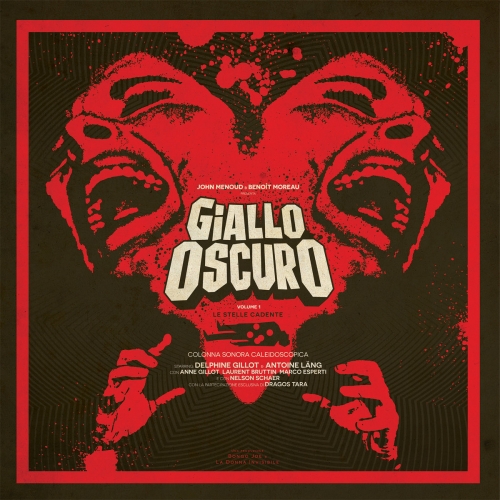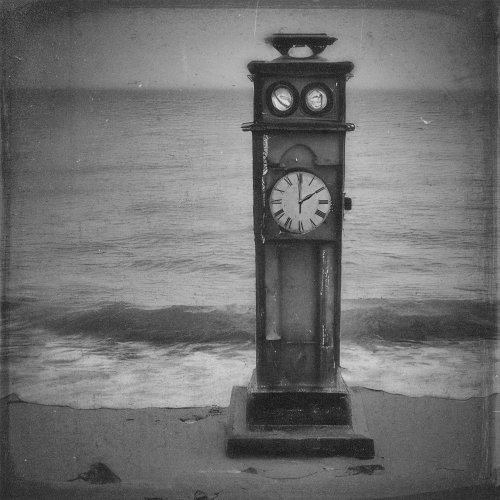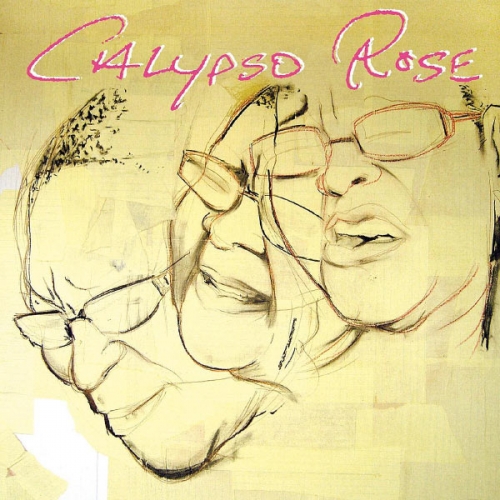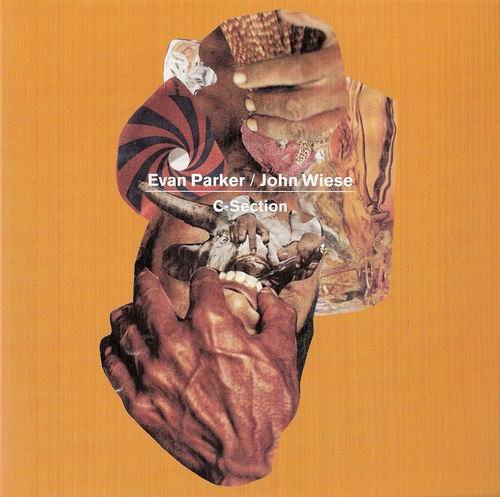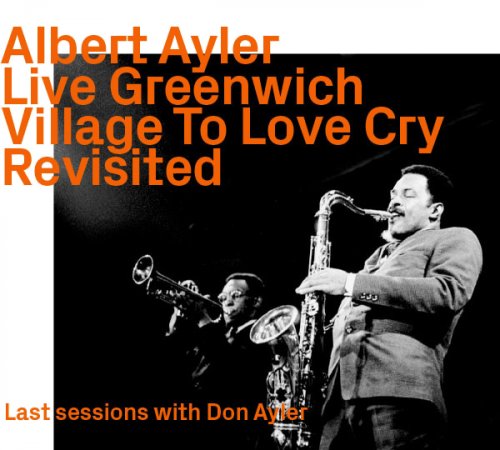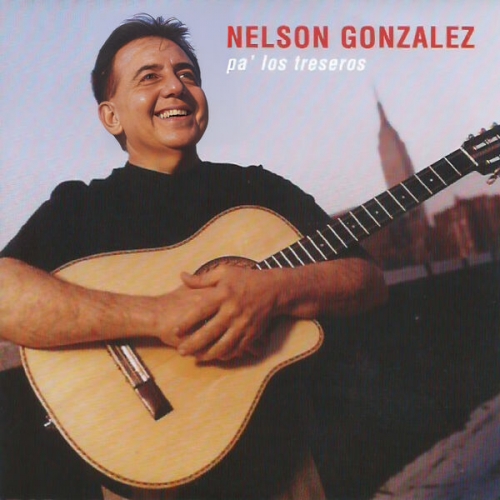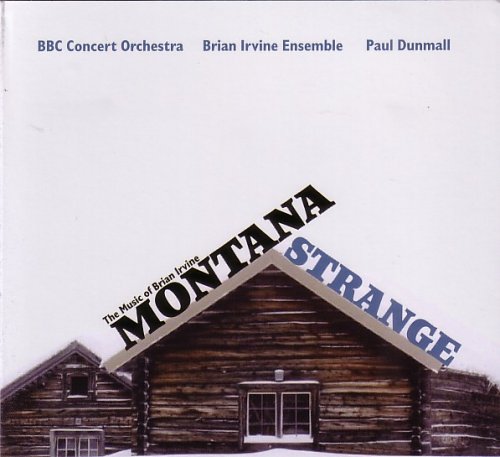Dierk Peters - Spring (2022) [Hi-Res]
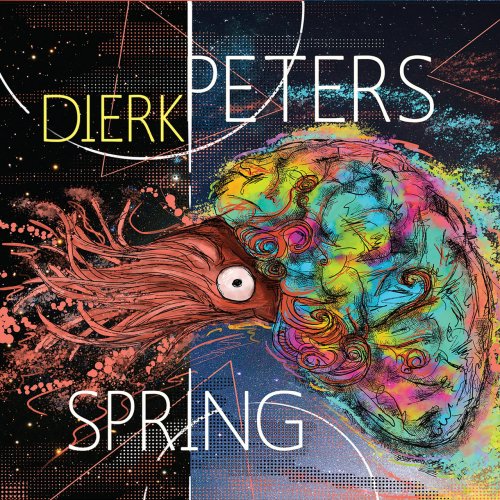
Artist: Dierk Peters
Title: Spring
Year Of Release: 2022
Label: Sunnyside Records
Genre: Jazz
Quality: Mp3 320 kbps / FLAC (tracks) / 24bit-48kHz FLAC (tracks)
Total Time: 53:21
Total Size: 130 / 296 / 608 MB
WebSite: Album Preview
Tracklist:Title: Spring
Year Of Release: 2022
Label: Sunnyside Records
Genre: Jazz
Quality: Mp3 320 kbps / FLAC (tracks) / 24bit-48kHz FLAC (tracks)
Total Time: 53:21
Total Size: 130 / 296 / 608 MB
WebSite: Album Preview
1. Sibiu (8:26)
2. Yet No Treble (7:40)
3. Bill (5:19)
4. Segré (6:52)
5. Byroad Lyre (6:20)
6. Haiku Pelt (4:16)
7. Pasco (5:47)
8. Odelot (5:11)
9. Meta (3:33)
The past two years and the Covid-19 pandemic forced many to cocoon in a world of isolation. For many, it was a time of reflection and change, a time of challenges, breaks, and confusion. But it was also a time for study and growth. Vibraphonist/composer Dierk Peters faced the pandemic’s trial by developing his work and hoping for a renaissance for his beloved music scene upon rebirth. His new recording, Spring, showcases Peters’s blossoming developments.
Originally from the suburbs of Hamburg, Germany, Peters discovered the vibraphone as a young percussionist invited by his tutor to engage with a new, harmonic instrument. Peters’s fascination and subsequent musical study led him to conservatory in Cologne, where he studied with Tom van der Geld and David Friedman. An exchange scholarship allowed Peters the opportunity to study in New York City in 2016, at New York University and the Manhattan School of Music, where he developed a relationship with Stefon Harris.
His arrival in New York City has allowed Peters to invest in the City’s flourishing young jazz scene. Peters’s wide interests in all aspects of improvisational music allow him to be at home among both the avant-garde and the traditionalists, a perfect place to be in New York’s eclectic milieu. Peters even programs a series at Lowlands in Gowanus, Brooklyn.
Of course, the pause to the music world brought on by the pandemic lockdown shut off many of Peters’s avenues of expression. Rather than get frustrated, he decided to hone his focus on his craft and composition. Peters began to search for more precision and clarity. He began a more advanced study in simplicity, limiting compositions to one or two ideas to pull from to develop. From there, the pieces could be embellished by the talented improvisers he would engage to perform them. All of the original pieces find reflection on musical inspiration from musical engagement with heroes, teachers, and experiences from Peters’s life.
At the end of August 2021, Peters assembled an outstanding cast of musicians to record Spring at Man Made Music in New York. The incredible quintet included trumpeter Adam O’Farrill, alto saxophonist Caleb Wheeler Curtis, bassist Walter Stinson, and drummer Buz Donald. Their wide range of expression can be heard augmenting the fascinating pieces Peters wrote.
The recording begins with the curious sound of “Sibiu,” the tune named for a Romanian town that was colonized by Germans, with the piece reflecting the odd feeling that Peters had upon visiting this foreign place that was so familiar. The title of “Yet No Treble” is an anagram for Ornette and Bley, the track coalescing into an Ornette Coleman like piece after a long study of Paul Bley’s music. The inspiration for “Bill” comes from a chance encounter with an elderly man who needed help getting home from Peters and a friend. The wistful composition reflects on a beautiful human encounter that contains the bittersweet realization of society’s sad lack of support for the elderly.
Easily strolling over strict motivic development, “Segré” reminded Peters of the music of his hero, pianist John Taylor, who was also a former Cologne resident. The name comes from the French town where Taylor passed away on stage doing what he loved. Peters regularly attended Barry Harris’s workshops where he learned much about making logical musical decisions in composing and improvising. The workshops moved online during the pandemic but provided inspiration, routine, and safe haven. “Byroad Lyre” is an anagram of Barry Doyle and its namesake tune is a wilting ballad with gorgeous counterpoint. The complicated harmonic progression of “Haiku Pelt” reminded Peters of the natural yet deep feel that Paul Bley and Keith Jarrett were able to communicate, the title being an anagram of the pianists’ first names.
The lovely “Pasco” was inspired by the Harris workshops and has a direct, singable melody and open arrangement for some wonderful solo features. An eeriness resonates on “Odelot,” a subtly shifting tune with three motifs that the ensemble tie together, reminiscent to the sound of 1960s Bobby Hutcherson. The recording concludes with “Meta,” a meta-tribute to Chick Corea through a tribute composition written by guitarist Bill Frisell. The simple beauty of the piece is meant to reflect on all the musical giants lost during the pandemic.
The pandemic of 2020 and 2021 challenged everybody. Dierk Peters looked to find new beginnings through his music. He studied and applied himself to create something better than he ever had. A proof of Peters’s growth unfolds on his fantastic new Spring.
Dierk Peters - vibraphone
Adam O'Farrill - trumpet
Caleb Wheeler Curtis - alto saxophone
Walter Stinson - bass
Buz Donald - drums
Originally from the suburbs of Hamburg, Germany, Peters discovered the vibraphone as a young percussionist invited by his tutor to engage with a new, harmonic instrument. Peters’s fascination and subsequent musical study led him to conservatory in Cologne, where he studied with Tom van der Geld and David Friedman. An exchange scholarship allowed Peters the opportunity to study in New York City in 2016, at New York University and the Manhattan School of Music, where he developed a relationship with Stefon Harris.
His arrival in New York City has allowed Peters to invest in the City’s flourishing young jazz scene. Peters’s wide interests in all aspects of improvisational music allow him to be at home among both the avant-garde and the traditionalists, a perfect place to be in New York’s eclectic milieu. Peters even programs a series at Lowlands in Gowanus, Brooklyn.
Of course, the pause to the music world brought on by the pandemic lockdown shut off many of Peters’s avenues of expression. Rather than get frustrated, he decided to hone his focus on his craft and composition. Peters began to search for more precision and clarity. He began a more advanced study in simplicity, limiting compositions to one or two ideas to pull from to develop. From there, the pieces could be embellished by the talented improvisers he would engage to perform them. All of the original pieces find reflection on musical inspiration from musical engagement with heroes, teachers, and experiences from Peters’s life.
At the end of August 2021, Peters assembled an outstanding cast of musicians to record Spring at Man Made Music in New York. The incredible quintet included trumpeter Adam O’Farrill, alto saxophonist Caleb Wheeler Curtis, bassist Walter Stinson, and drummer Buz Donald. Their wide range of expression can be heard augmenting the fascinating pieces Peters wrote.
The recording begins with the curious sound of “Sibiu,” the tune named for a Romanian town that was colonized by Germans, with the piece reflecting the odd feeling that Peters had upon visiting this foreign place that was so familiar. The title of “Yet No Treble” is an anagram for Ornette and Bley, the track coalescing into an Ornette Coleman like piece after a long study of Paul Bley’s music. The inspiration for “Bill” comes from a chance encounter with an elderly man who needed help getting home from Peters and a friend. The wistful composition reflects on a beautiful human encounter that contains the bittersweet realization of society’s sad lack of support for the elderly.
Easily strolling over strict motivic development, “Segré” reminded Peters of the music of his hero, pianist John Taylor, who was also a former Cologne resident. The name comes from the French town where Taylor passed away on stage doing what he loved. Peters regularly attended Barry Harris’s workshops where he learned much about making logical musical decisions in composing and improvising. The workshops moved online during the pandemic but provided inspiration, routine, and safe haven. “Byroad Lyre” is an anagram of Barry Doyle and its namesake tune is a wilting ballad with gorgeous counterpoint. The complicated harmonic progression of “Haiku Pelt” reminded Peters of the natural yet deep feel that Paul Bley and Keith Jarrett were able to communicate, the title being an anagram of the pianists’ first names.
The lovely “Pasco” was inspired by the Harris workshops and has a direct, singable melody and open arrangement for some wonderful solo features. An eeriness resonates on “Odelot,” a subtly shifting tune with three motifs that the ensemble tie together, reminiscent to the sound of 1960s Bobby Hutcherson. The recording concludes with “Meta,” a meta-tribute to Chick Corea through a tribute composition written by guitarist Bill Frisell. The simple beauty of the piece is meant to reflect on all the musical giants lost during the pandemic.
The pandemic of 2020 and 2021 challenged everybody. Dierk Peters looked to find new beginnings through his music. He studied and applied himself to create something better than he ever had. A proof of Peters’s growth unfolds on his fantastic new Spring.
Dierk Peters - vibraphone
Adam O'Farrill - trumpet
Caleb Wheeler Curtis - alto saxophone
Walter Stinson - bass
Buz Donald - drums
